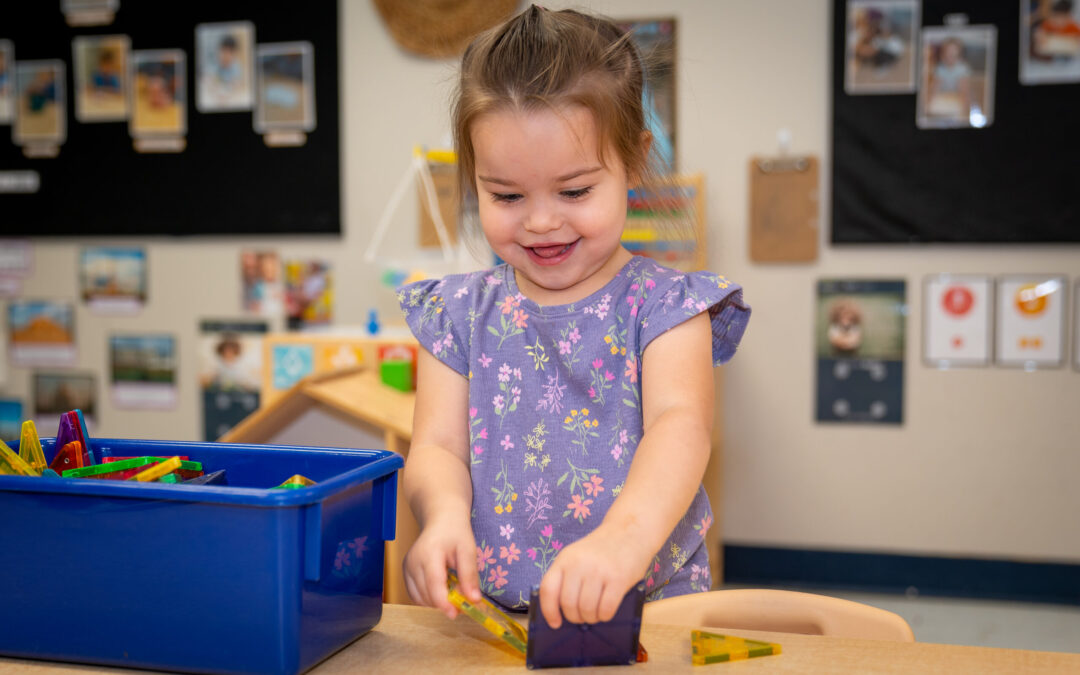While most parents are naturally concerned with their preschooler’s physical development, their mental development is just as, if not more, important. There are many things you can do to stimulate your child’s mind outside of a classroom setting.
When children are just starting out on the road of cognitive development, they need devoted attention and encouragement from their parents, guardians, and caregivers. This can help to foster a healthy self-esteem, which will encourage them to push further in their mental processes. Here are some ways in which you can support your preschooler:
- Listen to what your child says. Even a seemingly silly or trivial conversation may be of utmost importance to your child, and provide a learning moment you can share with them. Hear your child out when they have a question, and give as much thought to the answer as you would to an adult’s question. Showing your child that what they say matters will boost their confidence and curiosity.
- Alternatively, asking your child questions is just as valuable as listening to theirs. This encourages children to think for themselves, begin to understand the world around them, and become critical thinkers. Give them time and space to find an answer, and if they struggle, start with simpler questions that lead to answers for more complex ones. Help your children to find solutions, until they are able to find solutions for themselves.
- Allow your child to make their own choices. This doesn’t mean giving them full rein of their life, but something as simple as allowing your child to choose their own clothing or deciding on daily plans will help boost their sense of autonomy, and improve their decision-making ability. Naturally, only provide options you are okay with them choosing: taking a choice away from them after they have chosen it will make them feel less autonomous.
- Make everyday life a learning opportunity. Turn the world around you into a game—your child will have fun and be mentally stimulated at the same time. Ask your child to point out shapes, noises, colors, and letters, and print in the environment around you. As they grow older, ask them to identify those things for themselves. These activities can also prove useful in places your child finds boring, or needs to stay quietly entertained.
- Expand your child’s horizons by taking them to places of interest. Libraries, museums, parks, gardens and even the grocery store can all help stimulate your child’s curiosity and sense of wonder. Encourage them to ask questions, and give them an opportunity to make a memory out of the moment, whether through taking a picture, drawing what they saw or re-enacting a moment at home.
- Turn moments of conflict into moments of constructive thought. When your child exhibits hurtful behavior, have them explain to you what they did and ask them how they would feel if someone did the same thing to them. Have them explain what helpful behavior in that circumstance would look like, and if they don’t know it, help them come to the answer. This moment, free of verbal or physical threat, will stay with them in a far longer, far more positive way.
- Buy toys for them that are open-ended. Blocks, crayons, modeling clay, connecting toys, and paint sets allow children to have fun and learn at the same time. Unlike toys with one specific use, these toys give children a chance to use their imagination. They also encourage your child to be creative and push them to solve problems in new ways.
Making your child’s cognitive development one of your top priorities will help them on the way to preschool readiness. For more information on quality preschool programs, contact Celebree today.

